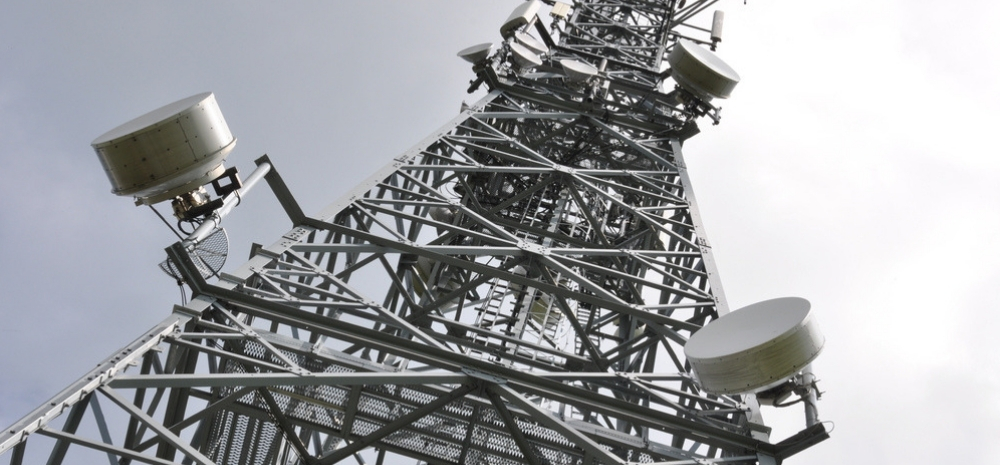Airtel, Vodafone Will Continue To Earn 6 Paisa/Min For Incoming Calls; TRAI Extends IUC Till Jan 2021

The Telecom Regulatory Authority of India (TRAI) has made many a changes this year, followed by improvised and stricter regulations to follow these changes in an ordered procedure.
Just yesterday we covered the regulatory body’s new guidelines to ease the procedure for Mobile Number Portability (MNP) put into immediate action.
It has recently been published that the telecom regulator on Tuesday postponed the plan of scrapping the levy charged by operators for handling incoming calls from rival networks, by a year. This shall provide a temporary relief to older telecom players like Vodafone Idea Ltd and Bharti Airtel Ltd.
TRAI Delays the Scrapping of IUC By a Year
You must be having an idea of the fact that the ones using Reliance Jio SIMs will soon have to pay 6p/min whilst speaking to someone with a SIM other than Jio’s. This was quite in news since some time.
The regulatory body decided to scrap this levy charged by operators for handling incoming calls from rival networks about 2 years back, from 1 January, 2020. This move was highly resented by older telcos like Vodafone Idea Ltd and Bharti Airtel Ltd and they claimed that this move favoured the newer entrant, Reliance Jio.
However, the TRAI will now scrap this interconnect usage charges (IUC) from 1 January 2021 instead of next month. Consequently, operators will continue to earn 6 paise a minute for every mobile call they receive on their networks till 31 December, 2020.
This has provided a huge relief to older telcos that generate a part of their revenue from IUC, at least for a temporary period.
Why is It a Huge Deal for Idea and Airtel?
Scrapping IUC surely benefits an operator with more outgoing traffic. Older telcos like Bharti Airtel and Vodafone Idea recorded heavy losses in the quarter ending on 30th Sept. Jio, which had 64% of its total traffic as outgoing as of June-end, favored the levy being scrapped.
Reliance Jio’s outgoing voice traffic is much higher than incoming, due to which scrapping of IUC was going to be a great benefit for Jio and just the opposite for the older telcos.
Now that Trai has decided to maintain IUC at the current 6p/min for a year, a major wave of relief has swept for Bharti Airtel and Vodafone Idea, while Jio would see a temporary adverse impact.
Why Did TRAI Postpone the Removal of IUC?
Before understanding TRAI’s reason for deferring the scrapping of IUC by a year’s time, you need to first understand the idea of zero IUC.
A zero IUC, or bill and keep regime means operators would not make any money for receiving calls on their networks. Shall the traffic flow between operators be symmetrical, it shan’t have a negative impact on any operator, for it simply implies a charge paid by one operator to another.
TRAI has discovered inadequate adoption of 4G technologies for voice calls and asymmetries in inter-operator traffic as reasons for deferring the scrapping of IUC. It believes that due to such reasons, it isn’t the best idea to implement ‘bill and keep’ from 1 January 2020.
Implementation of bill and keep from 1 January 2020, with present inadequate adoption of 4G technologies by consumers and asymmetries in traffic, may affect the level playing field among service providers and effective competition in the market.
Airtel and Vodafone Idea are currently battling shrinking revenue following a price war triggered by the entry of Jio in September 2016.
In September 2017, Trai had ordered a reduction in IUC to 6p/min from 1 October 2017, from 14p earlier and abolishing it from 1 January 2020.
Jio is the only pure-4G network in India. Vodafone Idea operates a mix of 2G, 3G and 4G networks. Airtel operates 2G and 4G networks and is in the process of phasing out 3G by March next year.

Comments are closed, but trackbacks and pingbacks are open.